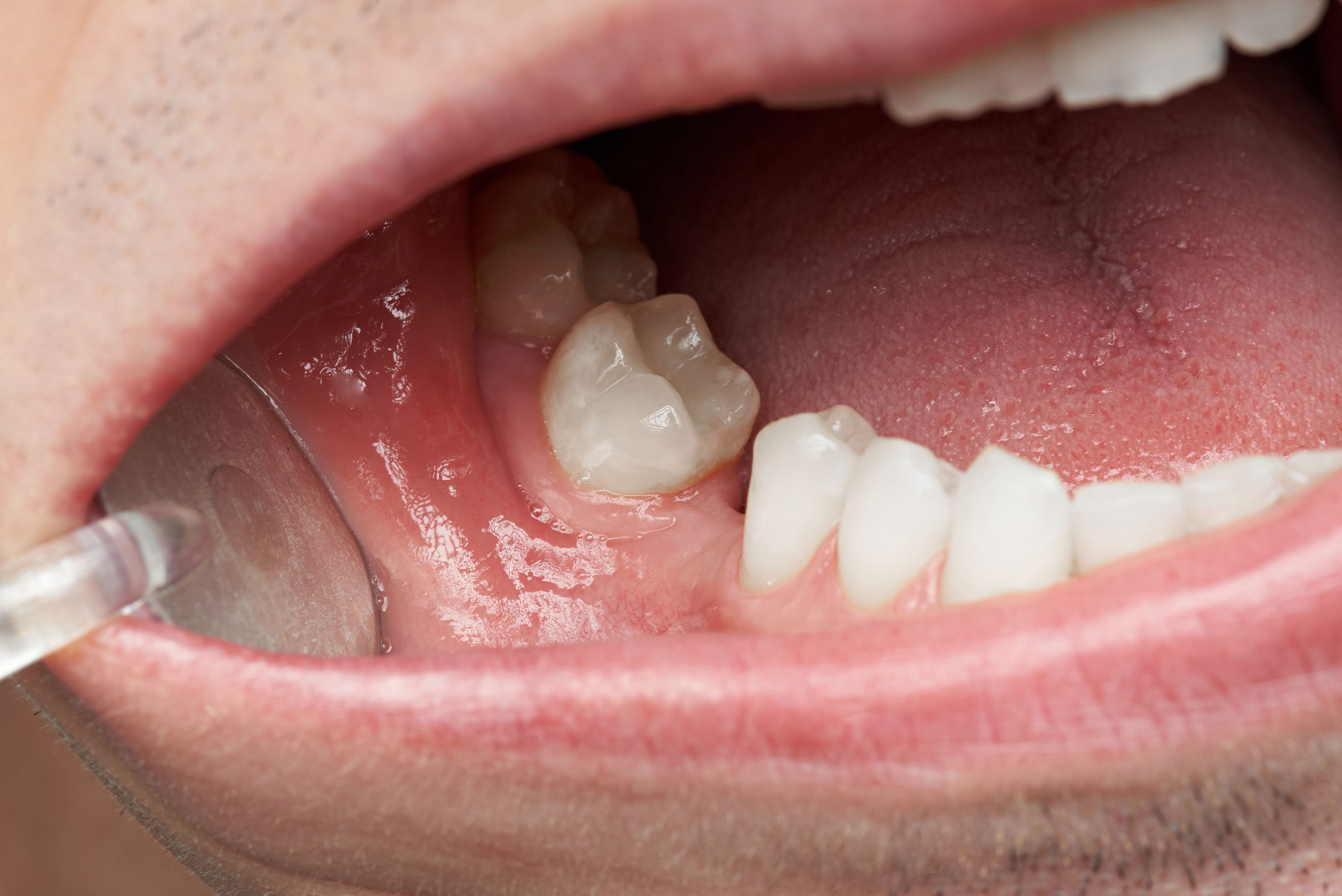
As you age, you lose bone and your gums naturally start to recede, making your teeth appear longer. The phrase “long in the tooth,” has a ring of truth to it. There are different reasons your teeth may shift as you age, and being proactive about practicing good oral hygiene and receiving regular dental care at your NDG dental clinic can help keep your mouth healthy. Fortunately, it’s never too late for treatment.Like any other part of your body, your teeth change as the years pass by. People with malocclusion often struggle with self-esteem and social anxiety. Left untreated, malocclusion increases the chance you’ll develop cavities or gum disease. Having malocclusion – when your upper and lower teeth don’t line up – can affect everything from your dental health to your mental health. Is there an alternative to wearing braces?.If I need braces, how long will I have to wear them?.What does it mean to have overbite or underbite?.If you wear braces to correct malocclusion, you should contact your provider if your braces start to hurt or are damaged. When should I see my healthcare provider? Talk to your healthcare provider about taking care of your teeth while wearing braces. You might have to change your personal habits to accommodate your braces and ensure your overall dental health isn’t affected by your braces. You probably will have braces on your teeth for several months to more than a year while your teeth are gently realigned. Inability to bite into food correctly (open bite).Mouth breathing (breathing through the mouth without closing the lips).Speech difficulties (rare), including lisp.Difficulty or discomfort when biting or chewing.Underbite happens when your upper front teeth are too far behind your lower front teeth.

Overbite or overjet (retrognathism) happens when teeth in your lower jaw are too far behind teeth in your upper jaw. You might have a noticeable overbite or underbite. Your appearance is the most common symptom of malocclusion. What are typical symptoms of malocclusion? Malocclusion can cause TMJ, which are disorders that affect your jaw joints and surrounding muscles and ligaments. Can malocclusion cause temporomandibular joint disorders (TMJ)? Some people grind their teeth when they’re feeling stressed, anxious or angry. Some researchers believe grinding your teeth ( bruxism) is a risk factor for malocclusion. You have an inherited condition that affects your jaw, causing your teeth to be misaligned.ĭoes teeth grinding (bruxism) cause malocclusion?.You lost a tooth and your remaining teeth shifted to fill that gap.You often sucked your thumb when you were a baby or toddler.Your teeth are too large for your jaw, causing your teeth to crowd together and affect the alignment between your upper and lower jaw.Malocclusion can happen several different ways: Some studies show people who have malocclusion avoid social situations and relationships because they feel self-conscious about their appearance. Researchers have found connections between malocclusion and self-esteem. Just as important, untreated malocclusion can affect your mental health.

It can also damage your tooth enamel or cause problems with your jaw. Apart from causing dental problems such as decayed teeth, losing teeth or developing gum disease, malocclusion can affect how you chew food or how you speak. Left untreated, malocclusion can cause several health problems. Can malocclusion affect my overall health? Some more serious malocclusion might require surgery.

Malocclusion is usually treated with orthodontics or braces. But it can also happen if your upper and lower jaws aren’t aligned. Malocclusion typically happens when your teeth are crowded - meaning your teeth are too large for your mouth - or are crooked. When you have malocclusion, your upper and lower teeth don’t align when you close your mouth. Malocclusion or “bad bites” is one of the most common dental problems. Smiling person wearing braces to treat overbite.


 0 kommentar(er)
0 kommentar(er)
